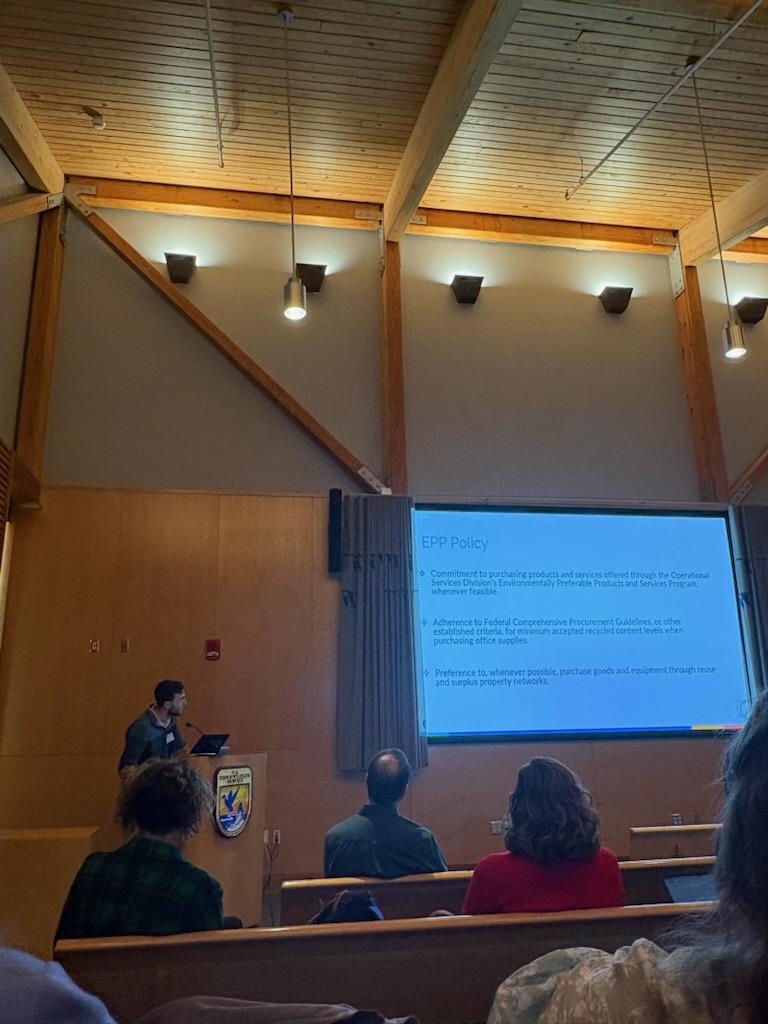Commentary
Olympics and the Seacoast for 2028?

This is one in a continuing series of educational columns about fostering environmental stewardship and leadership coordinated by ACES — the Alliance of Climate and Environmental Stewards.
Per the official City of Paris Olympics website, their mantra for the 2024 Green Olympics is LEGACY AND SUSTAINABILITY, ensuring that this major international sporting event will meet its responsibility towards reining in its potential impact on climate change.
They have set a goal to halve the carbon footprint of their games compared with the average for the London 2012 and Rio 2016 games and have planned that all Olympic venues use 100 per cent locally sourced, renewable energy, whereas it has been common practice to use fossil-fueled generators for additional power in the past.
They also approached meeting their legacy and sustainability goals in their concepts for new construction by building a single competition venue for the games, the aquatic center, and as a legacy building to be in continuous use for future generations. In the end, 95 per cent of their other venues already exist and any new infrastructure was built using low-carbon construction technologies. Likewise, they chose renting furniture, street fixtures, canopies, etc. and not purchasing them, thus also guaranteeing their continued reuse.
But there’s more. In 2015, the city launched its $1.5 billion plan baignade, or swimming plan, to make the Seine swimmable again – a centerpiece in its successful bid for the 2024 games. The plan included connecting more than 23,000 houseboats, residences, and businesses to the municipal sewer treatment systems, which had previously dumped untreated wastewater directly into the river and installing a major aeration system upstream to naturally destroy remaining bacteria in the river. An accelerator for the project, their goal was to clean up the Seine in time to serve as a venue for three of the swimming events in the heart of Paris, including the swimming leg of the triathlete’s race. This goal is significant as the Seine was once so dirty that swimming in it was banned for more than a century, NBC News reported. Now, their sustainability mantra has ensured residents would benefit from a cleaner river after the games (National Geographic reported, August 2024).
Unfortunately, an untimely Paris rain event, much like the CSO events that we have in the Merrimack, caused a major water quality incident just as the Games opened, which resulted in a change in venue.
The audacity of Paris to commit and plan for such environmentally friendly, groundbreaking games is one to admire. What if the Gulf of Maine Seacoast could be pursued as the backdrop to an idea with the same foundation? The Merrimack and/or the Piscataqua could host the swimming segment and a coastal roads venue for bicycle racing would be both interesting and scenic. It could provide an opportunity for ME, NH, and MA to collaborate and be the catalyst for future green investments and ecotourism across the tri-state coastal region.
Or possibly rowing trials? Many rowers launch out of Haverhill opposite the Groveland shore including St John’s Prep from Danvers. The area‘s senior rowers’ groups, who were major contributors to ACES’ survey of the Merrimack River Users, and State Auditor Diana DiZoglio, a river rowing fan, would likely enthusiastically support crew trials for potential team USA members. Perhaps Governors Healey, Sununu, and Mills might connect on such an opportunity, as well.
ACES and its Youth Corps invite you to stay updated on environmental matters by subscribing to our monthly newsletter via the “Join Our List” link on this page. Please consider joining our community of stewards who commit to Make Every Day Earth Day by contacting us at acesnewburyport@gmail.com. We can make a big difference together.
This educational column first appeared in The Daily News of Newburyport on August 2, 2024.
.svg)





.jpg)
